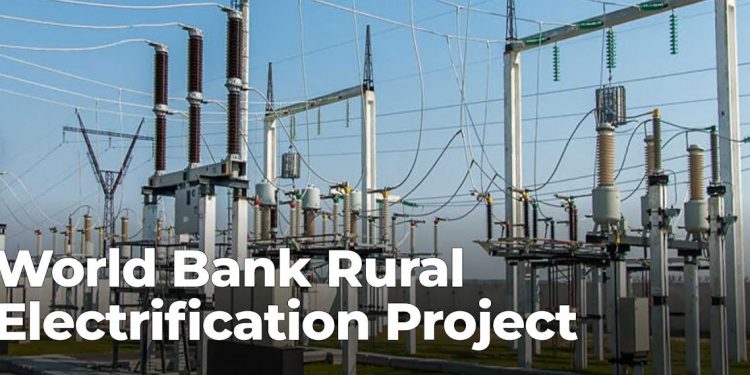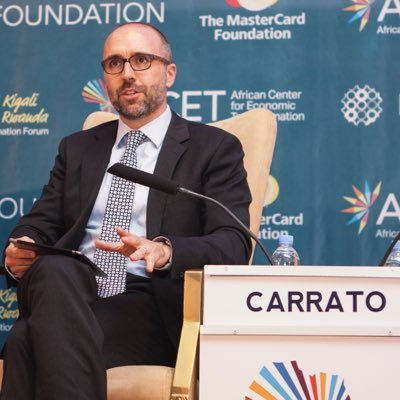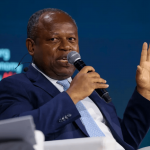The Rural Electrification Agency (REA) is set to roll out a groundbreaking rural electrification project next month, backed by $750 million in funding from the World Bank. This Distributed Renewable Energy Scale-up Project aims to provide electricity to 17.5 million Nigerians, focusing primarily on renewable energy solutions.
During an interview with Channels Television, REA Managing Director Abba Aliyu described the project as one of the world’s most ambitious electrification efforts. “This project is financed by a $750 million World Bank fund and aims to electrify 17.5 million Nigerians. It is among the most ambitious global projects,” said Aliyu, underscoring its significance.
The project is designed to deliver power through various renewable energy systems. Out of the targeted 17.5 million people, three million will gain access via isolated mini-grids, 1.5 million through interconnected mini-grids, and the remaining will be connected through the national grid and stand-alone solar systems.
Set to span five years, the initiative builds on earlier efforts that received $550 million from the World Bank and African Development Bank (AfDB). Officially known as the Nigeria Distributed Access through Renewable Energy Scale-up (DARES) Project, it was approved by the World Bank in December 2023.
The project’s $750 million funding will be complemented by over $1 billion in private investment and additional support from global partners, including $100 million from the Global Energy Alliance for People and Planet and $200 million from the Japan International Cooperation Agency (JICA). Other partners include USAID, GIZ, SEforAll, and AfDB.
With nearly 90 million Nigerians still lacking access to electricity, this initiative addresses a critical infrastructure gap. Nigeria’s electricity generation currently hovers around 5,000 megawatts for a population exceeding 200 million, making it one of the largest populations globally without adequate power supply.
Given the country’s significant potential for solar, wind, and hydropower, especially in northern regions where sunlight is abundant, this renewable energy project is poised to make a transformative impact on Nigeria’s energy landscape.










